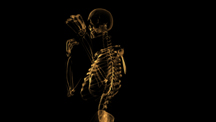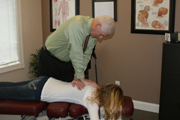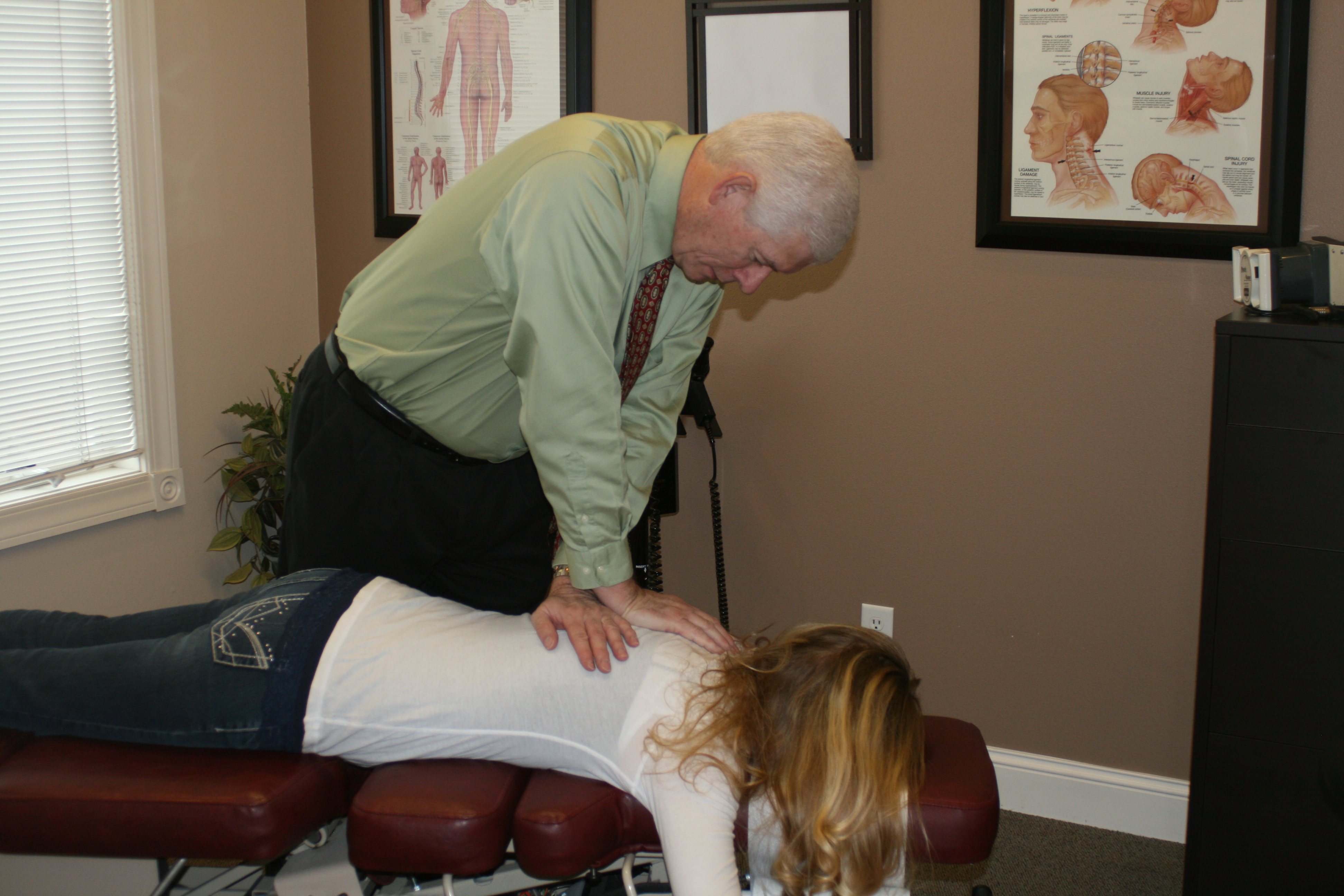Chiropractic Boosts Immunity!!!
 We wanted to share this article. We see the influence that chiropractic adjustments have on immunity and overall health all the time. However, we know that our patients seldom get to have that amazing vantage point that we do! With the cold and flu season upon us and for overall health – make sure you keep you and your loved ones adjusted!
We wanted to share this article. We see the influence that chiropractic adjustments have on immunity and overall health all the time. However, we know that our patients seldom get to have that amazing vantage point that we do! With the cold and flu season upon us and for overall health – make sure you keep you and your loved ones adjusted!
Chiropractic Boosts Immunity
Friday, February 04, 2011 by: Dr. David Jockers
The nervous system and immune system are hardwired and work together to create optimal responses for the body to adapt and heal appropriately. Neural dysfunctions due to spinal misalignments are stressful to the body and cause abnormal changes that lead to a poorly coordinated immune response. Chiropractic adjustments have been shown to boost the coordinated responses of the nervous system and immune system.
The autonomic nervous system is hardwired into the lymphoid organs such as the spleen, thymus, lymph nodes, and bone marrow that produce the body’s immune response. Growing evidence is showing that immune function is regulated in part by the sympathetic division of the autonomic nervous system.
Subluxation is the term for misalignments of the spine that cause compression and irritation of nerve pathways affecting organ systems of the body. Subluxations are an example of physical nerve stress that affects neuronal control. According to researchers, such stressful conditions lead to altered measures of immune function & increased susceptibility to a variety of diseases.
Inflammatory based disease is influenced by both the nervous, endocrine, and immune systems. Nerve stimulation directly affects the growth and function of inflammatory cells. Researchers found that dysfunction in this pathway results in the development of various inflammatory syndromes such as rheumatoid arthritis and behavioral syndromes such as depression. Additionally, this dysfunctional neuro-endo-immune response plays a significant role in immune-compromised conditions such as chronic infections and cancer.
Wellness based chiropractors analyze the spine for subluxations and give corrective adjustments to reduce the stress on the nervous system. A 1992 research group found that when a thoracic adjustment was applied to a subluxated area the white blood cell (neutrophil) count collected rose significantly.
In 1975, Ronald Pero, Ph.D., chief of cancer prevention research at New York’s Preventive Medicine Institute and professor in Environmental Health at New York University, began researching the most scientifically valid ways to estimate individual susceptibility to various chronic diseases. He has conducted a tremendous amount of research in this area that includes over 160 published reports in peer reviewed journals.
Pero and his colleagues discovered that various DNA-repairing enzymes could be significantly altered following exposure to carcinogenic chemicals. He found strong evidence that an individual’s susceptibility to cancer could be determined by these enzymes. Lack of those enzymes, Pero said, ‘definitely limits not only your lifespan, but also your ability to resist serious disease consequences.’
Pero was fascinated by the relationship cancer-inducing agents had on the endocrine system. Since the nervous system regulates hormone balance, he hypothesized that the nervous system had to also have a strong influence on one’s susceptibility to cancer.
To support this argument he found a substantial amount of literature linking various kinds of spinal cord injuries and cancer. Pero found that these injuries led to a very high rate of lymphomas and lymphatic leukemias. This understanding led Pero to consider Chiropractic care as a means of reducing the risk of immune breakdown and disease.
Pero’s team measured 107 individuals who had received long-term Chiropractic care. The chiropractic patients were shown to have a 200% greater immune competence than people who had not received chiropractic care, and a 400% greater immune competence than people with cancer or serious diseases. Interestingly, Pero found no decline with the various age groups in the study demonstrating that the DNA repairing enzymes were just as present in long-term chiropractic senior groups as they were in the younger groups.
Pero concluded, ‘Chiropractic may optimize whatever genetic abilities you have so that you can fully resist serious disease…I have never seen a group other than this show a 200% increase over normal patients.’
Kent, Christopher. Models of Vertebral Subluxation: A Review. Journal of Vertebral Subluxation Research. August 1996, Vol 1:1. Pg 4-5
Sternberg EM, Chrousos GP, Wilder RL, Gold PW. The stress response and the regulation of inflammatory disease. Ann Intern Med 1992; 117 (10):854
Brennan PC, Triano JJ, McGregor M, et al. Enhanced neutrophil respiratory burst as a biological marker for manipulation forces: duration of the effect and association with substance P and tumor necrosis factor. J Manipulative Physiol Ther 1992; 15(2):83


